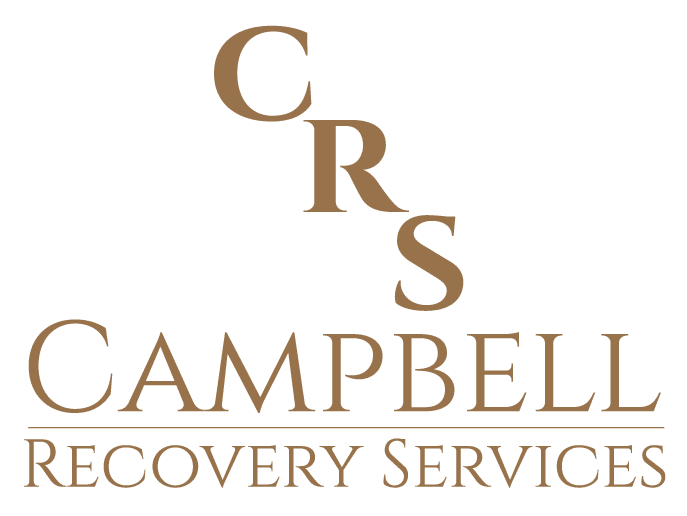Why Is It So Difficult for Those with a History of Addiction to Quit Nicotine?
Those that have suffered from a drug or alcohol addiction are more likely to take up smoking than those with no history of addiction. Recovering addicts may try to satisfy their craving for drugs or alcohol with nicotine, believing that they are trading their addiction for something less damaging. This can have the opposite effect as smoking can make addicts crave their drug of choice even more, particularly when they had used nicotine during their active addiction.
In other cases, the recovering addict may start using nicotine after finding recovery to manage their feelings and cravings. This can be damaging as you are simply replacing one addiction with another, rather than healing your body and mind in a healthy manner.
Recovering Addicts Often Underestimate the Dangers of Smoking
Those with a history of drug and alcohol abuse have likely done some damage to their body already. The dangers of smoking may not seem like a big deal considering harder drugs and excessive alcohol use. However, when in recovery continuing to use nicotine will have a long-term damaging effect on your overall health, creating problems in the future. An important step in the recovery process is allowing your body to heal from the physical damage caused by drugs and alcohol. When you use nicotine, you are not allowing your body to become healthy and free of addictive substances that can damage your health.
Quitting Smoking Does Not Make It Harder to Maintain Your Sobriety
One of the reasons recovering addicts will continue smoking is because they think that in eliminating this other dependency, it could jeopardize their long-term sobriety. This simply isn’t true. In fact, because drug and alcohol use and nicotine often go hand in hand, smoking can stimulate your desire for drugs and alcohol. This is especially true for those that used nicotine while in active addiction, as the act of smoking can stimulate the part of the brain associated with illegal drug use and alcohol abuse. Studies have shown that quitting nicotine while in, or shortly following, treatment is an effective way to eliminate the abuse of all harmful and addictive substances.
Nicotine use can be a way to manage anxiety and stress. While it is certainly better than abusing drugs and alcohol, this is not the right answer for managing these feelings. Recovering addicts should instead address these feelings through treatment and ongoing therapy. This will allow them to deal with these emotions in a healthy manner, eliminating all substance abuse from their lives. Using nicotine, another abusive substance, can mask these feelings and leave you more likely to revert back to your addiction.
Treating your body with respect after finding sobriety, allowing it to heal after the damaging effect of years of drug and alcohol abuse, is an important step in your recovery journey. When you continue to use nicotine, you are not allowing your body and your mind to properly recover from your addiction.





